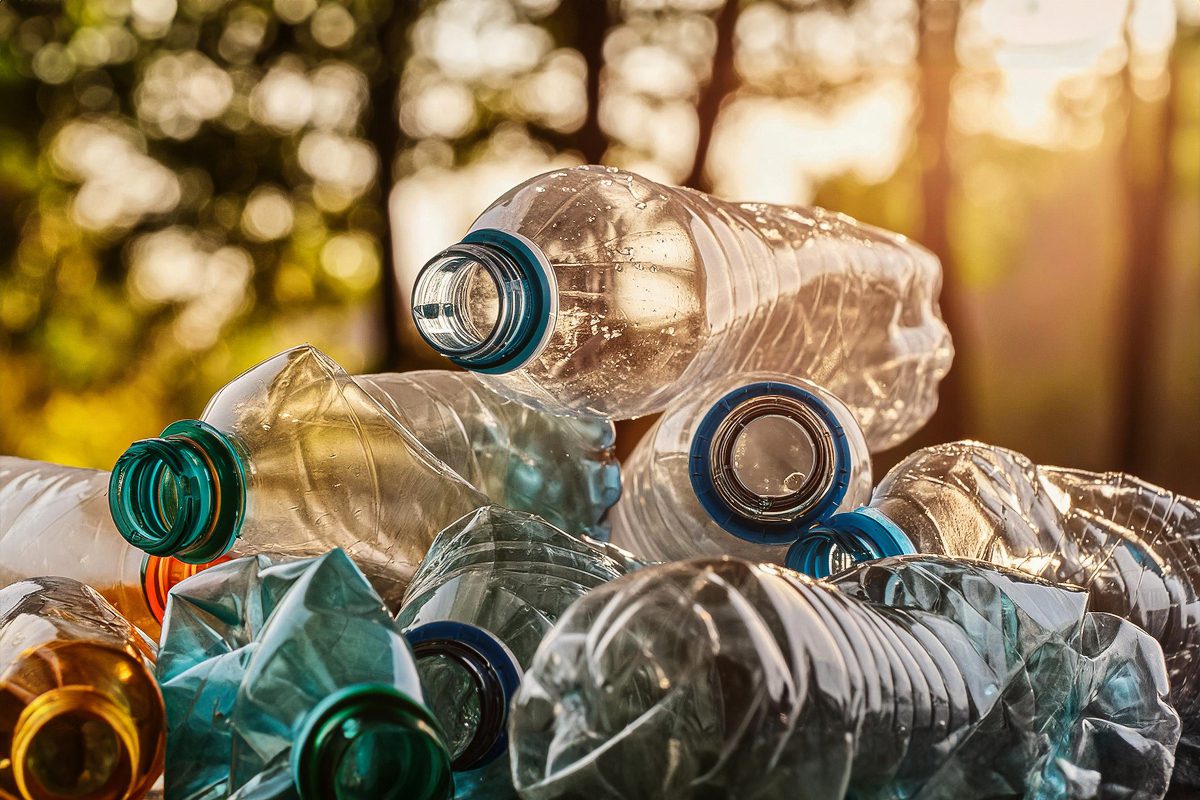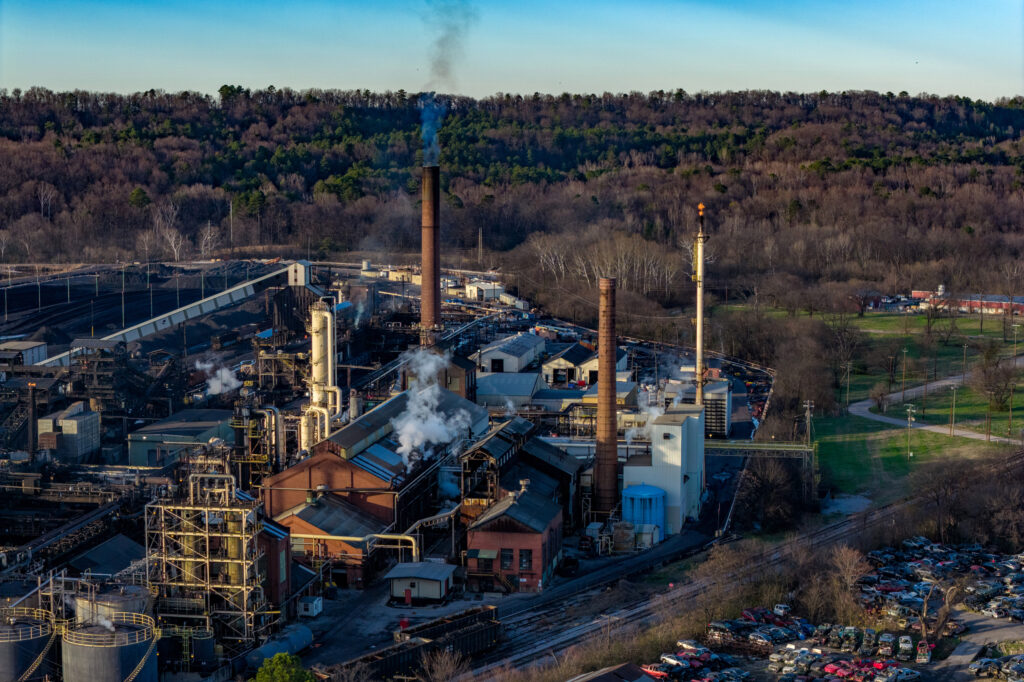A new report warns that skills shortages will hold back the UK’s efforts to move towards a circular economy, drawing upon the appraisal of key member organisations in chemicals and materials science.
Published on 2 October by the Institution of Chemical Engineers (IChemE), the Institute of Materials, Minerals and Mining (IOM3) and the Royal Society of Chemistry (RSC), the document calls for recognition of the fundamental role chemical and materials science and engineering will play in realising the opportunities of greater circularity. These include growth and improved supply chain resilience.
The UK consumes 15.3 tonnes of materials per person each year – roughly double what is considered sustainable – with over 90% of those materials lost to the economy at the end-of-life. Transitioning away from this linear approach to materials consumption to a circular economy is a pressing imperative, but this can only be achieved with the right jobs and skills.
Action needed on skills, policy certainty and government strategy
The report calls for greater long-term policy certainty and stability to support industry investment and individual career choices. It also makes a plea for better awareness of job opportunities; stronger support for the skills pipeline (by tackling barriers to education and workforce diversity); an effective approach to regulation, planning and permitting; and greater alignment between government strategies.
Rachel Stonehouse, Head of Policy at IOM3, said: “This report is informed by a broad and diverse community across our disciplines. It brings together insight from a range of actors and different sectors and clearly demonstrates that delivering the workforce to drive the circular transition is a cross-economy priority and pressing risk facing the UK.
“Essential for the UK’s long-term economic and environmental resilience, the shift to a low-carbon, circular economy relies fundamentally on chemical and materials science and engineering. As professional bodies, we will continue to support our communities to lead the transition and to help build the partnerships needed to deliver the skilled, inclusive and adaptable circular economy workforce the UK urgently requires.”
Build on expert data and insight
Responses from survey and workshop participants suggest that core skills will remain important to the circular economy but will evolve over time, along with a greater emphasis on critical thinking, interdisciplinary and cross-disciplinary skills to accompany lifecycle analysis and systems thinking.
Worryingly, there are shortages in chemical process engineering, research and development, and metallurgical processes and techniques – all of which were identified as key sectors for a successful circular economy. In addition, important job roles such as chemical engineer, materials engineer, and environmental engineer/consultant are experiencing significant shortages.
“We are facing a serious skills gap when it comes to the circular economy. Industry is seeing deep challenges in sourcing these skills from local, UK-wide, and international markets,” said Duncan Lugton, Head of Policy & Impact at IChemE. “The scale of this challenge means that we need to be drawing on all the possible sources of talent to make sure we have the workforce needed for the circular economy and addressing the barriers getting in the way of these.
“For instance, Higher Education provides a critical supply of new talent, but this is threatened by financial pressures.” Lugton added: “Reskilling has a crucial role to play in providing the circular economy workforce but is currently being held back by a lack of awareness on transferable skills, pay disparities, and a lack of accessibility of some circular economy jobs. The report makes practical recommendations for how government, industry, education and training providers, professional bodies and the wider community can work together to address these challenges.”
Izzi Monk, Royal Society of Chemistry Lead for Environment and Circular Economy Policy added, “The UK’s transition to a circular economy is a strategic opportunity to strengthen our economy, secure critical material supply chains, and reduce environmental impacts.”
“But delivering on this potential depends on people. It poses a significant skills challenge – one that demands urgent, coordinated action across industry, education, and government.”
In a response to the report, the Department for Environment, Food and Rural Affairs said: “This government is committed to building a circular economy where we keep resources in use for longer and reduce waste.
“This transition will accelerate our path to net zero, drive vital investment in green infrastructure and jobs, boost our economy, and help nature flourish. Getting our workforce equipped with the right skills will be absolutely critical to making this transformation a success.”
The report, “Jobs and skills for a circular economy: a cross-sector perspective from the chemical and materials science and engineering communities” is based on insights from two online workshops with 47 expert stakeholders across industry, academia, education and training providers and policymakers, and a survey with 54 participants. The full report is visible here.
















